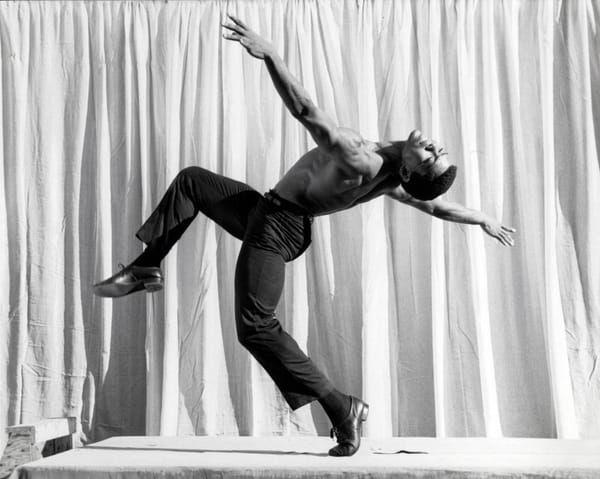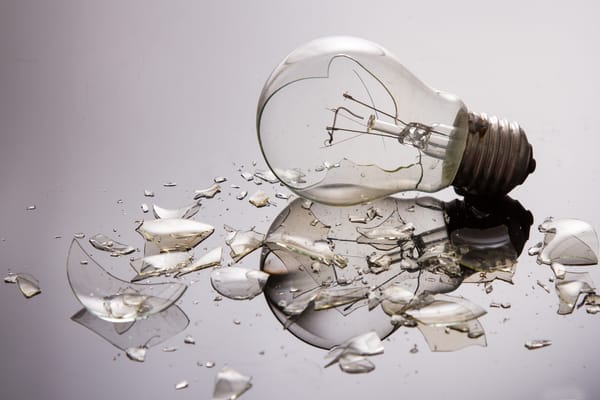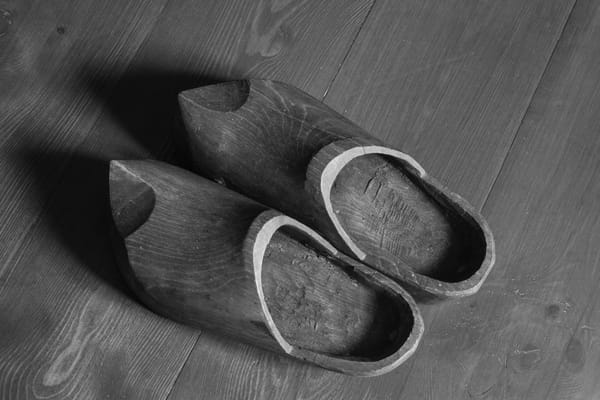F1, BowFlex, and Other Fitness Technology Failures

Happy Friday! What’s good?
I’m back to running, although at a lower volume than usual, trying to slowly work my way back up to my normal mileage (without going back to wearing a watch, thank you very much). As it stands, I’m experiencing more cardiovascular struggle than knee pain, which is a win... I guess. I don’t want to push things too quickly, for fear of fucking things up even worse. (Related: how the push for a “return to normalcy” with COVID is just the latest in a series of bad decisions.) In some ways, my routine was further interrupted this week by my mom being in town, and while we didn't do too many touristy things, we did a lot of walking. And so, if nothing else, I'm totally confident that I can run-walk next weekend's virtual half marathon without issue. Phew.
The interruption in the routine did mean that I hardly spent any time looking at the Internet this week – other than the running news out of Tokyo (course records at the Tokyo Marathon for Benson Kipruto and Sutume Asefa Kebede, as well as the six-star medal for the great Joan Benoit Samuelson, who at age 66, ran the race in 3:38:37); out of Glasgow (where Elle St. Pierre made history as the first US woman to win an indoor 3000 meter championship title – and just a year after giving birth. It's a must-watch race as she just flies in the final seconds); and, strangely, out of Costco.

Elsewhere in fitness technology news: BowFlex files for bankruptcy. Supplement maker Momentous raises $32 million in venture capital. (Related: Christy Harrison reminds us that Andrew Huberman, who shills Momentous – among other things – on his wildly popular podcast, actively spreads misinformation.) Via 404 Media: "How Hackers Dox Doctors to Order Mountains of Oxy and Adderall." And The Washington Post cautions against taking fitness routine advice from ChatGPT (adding "just yet," which is annoying AF because, let's be clear, the enshittification of software isn't going to magically disappear; it's only going to get worse).
Honestly, the sports technology story that I haven't stopped thinking about all week is Kate Wagner's "Behind F1's Velvet Curtain" – published in Road & Track and then pulled from the website less than an hour later. And I mean, the story does contain some of the most critical (and most enjoyable) sports writing I've read in a while, awfully reminiscent of Hunter S. Thompson's masterful essay "The Kentucky Derby is Decadent and Depraved." Wagner's piece opens with this gem: "If you wanted to turn someone into a socialist you could do it in about an hour by taking them for a spin around the paddock of a Formula 1 race. The kind of money I saw will haunt me forever." And it absolutely lays bare not only the absurd display of wealth at the Formula 1 races, but the ways in which the car companies and petrochemical industry seek to reputation-wash themselves through this sport – in no small part by showing journalists who cover F1 a very, very good time.
And if you are thinking, "wait, Audrey... is this a sport? Are F1 drivers athletes?" the answer is surely yes. It's a physically demanding sport that requires a great deal of strength and conditioning. And for what it's worth, as Meredith Sell writes this week, we need to redefine athleticism. But not for the sake of F1 drivers though – which none of us will ever be because, unlike other activities like swimming and running and basketball and even, hell, equestrian polo, Formula 1 is not about participation. There are no youth leagues, no junior varsity, no community fun runs, no building a race car in the garage with your dad. This is simply about watching – about watching extreme wealth and precision machinery in motion. And as such, it is the sport technology of the future. (Not the future I want. But certainly one that folks like Elon Musk do.)
Thanks for reading Second Breakfast. Please consider becoming a paid subscriber so that we can think through all this crap together and build a world where the future of sports does not rely on the destruction of the planet.





